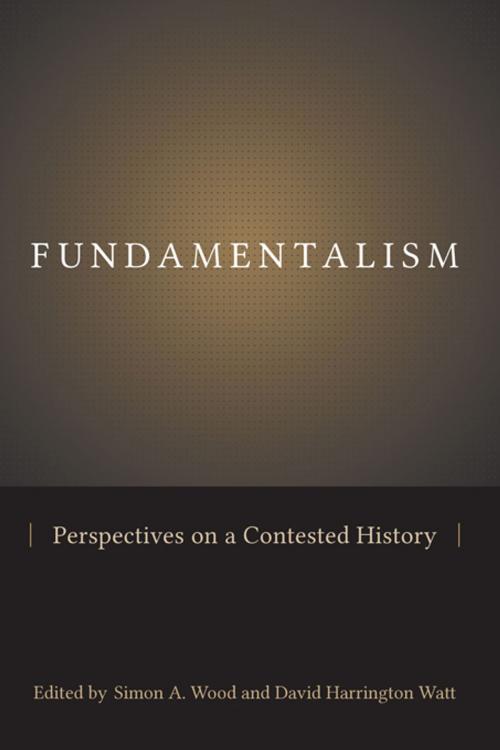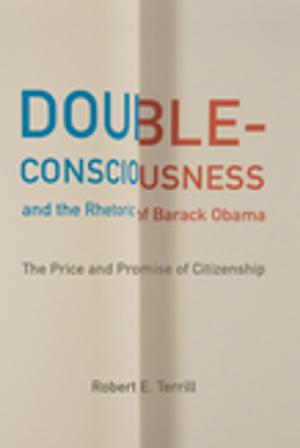Fundamentalism
Perspectives on a Contested History
Nonfiction, Religion & Spirituality, Reference, Comparative Religion| Author: | ISBN: | 9781611173550 | |
| Publisher: | University of South Carolina Press | Publication: | May 26, 2014 |
| Imprint: | University of South Carolina Press | Language: | English |
| Author: | |
| ISBN: | 9781611173550 |
| Publisher: | University of South Carolina Press |
| Publication: | May 26, 2014 |
| Imprint: | University of South Carolina Press |
| Language: | English |
Through a collection of essays, Fundamentalism: Perspectives on a Contested History explores the ways in which the concept of global fundamentalism does and does not illuminate developments in modern Christianity, Judaism, and Islam. At issue is whether, beyond the specific milieu of American Protestantism in the early decades of the twentieth century, the word ‘fundamentalism’ captures something important on a global scale that is not captured—or not as well—by other words. Readers will quickly discover that in exploring this issue the book is “at war with itself.” In Fundamentalism Simon A. Wood and David Harrington Watt have deliberately assembled a range of voices that is reflective of the broad spectrum of views scholars have offered on the topic, from those who find the concept not merely helpful but also important, those who have concerns about it but do not reject it, those who find that it has been misapplied in critical instances, and those who simply find it unhelpful and lacking in any meaningful specificity or content. While there are more than two perspectives presented, Wood and Watt identify two very broad groups of scholars from each end of the spectrum: those who find the concept illuminating and those who do not. The book does not privilege or advocate either of these positions, nor does it attempt to resolve the numerous problems that scholars on both sides of the debate have identified with the concept of global fundamentalism. Rather, it presents some of the key arguments on both sides of the contemporary debate. If it thereby provides readers with a sense of the current state of the discourse on fundamentalism it will have achieved its aim.
Through a collection of essays, Fundamentalism: Perspectives on a Contested History explores the ways in which the concept of global fundamentalism does and does not illuminate developments in modern Christianity, Judaism, and Islam. At issue is whether, beyond the specific milieu of American Protestantism in the early decades of the twentieth century, the word ‘fundamentalism’ captures something important on a global scale that is not captured—or not as well—by other words. Readers will quickly discover that in exploring this issue the book is “at war with itself.” In Fundamentalism Simon A. Wood and David Harrington Watt have deliberately assembled a range of voices that is reflective of the broad spectrum of views scholars have offered on the topic, from those who find the concept not merely helpful but also important, those who have concerns about it but do not reject it, those who find that it has been misapplied in critical instances, and those who simply find it unhelpful and lacking in any meaningful specificity or content. While there are more than two perspectives presented, Wood and Watt identify two very broad groups of scholars from each end of the spectrum: those who find the concept illuminating and those who do not. The book does not privilege or advocate either of these positions, nor does it attempt to resolve the numerous problems that scholars on both sides of the debate have identified with the concept of global fundamentalism. Rather, it presents some of the key arguments on both sides of the contemporary debate. If it thereby provides readers with a sense of the current state of the discourse on fundamentalism it will have achieved its aim.















